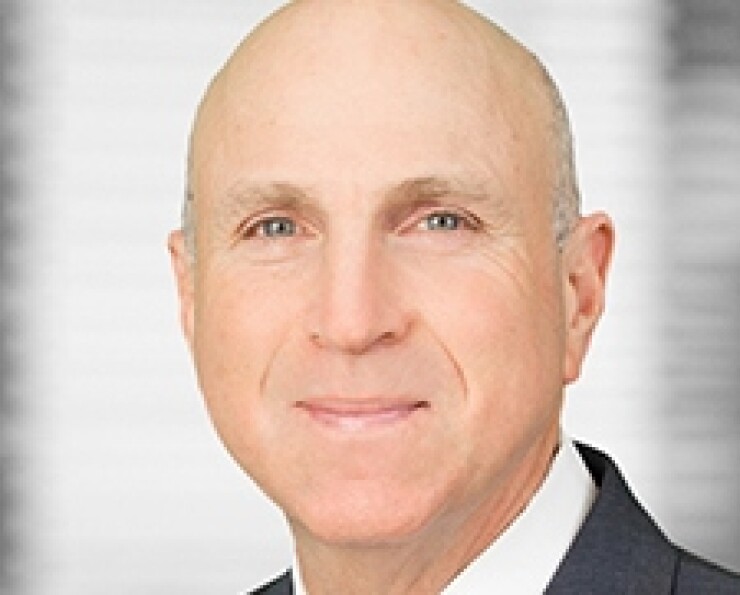Oaktree Capital Management expects to spend at least two years unwinding and rebuilding a portfolio of poorly performing assets it acquired in a going-out-of-business sale from Fifth Street Asset Management.
The Los Angeles debt and private equity investment firm, which oversees some $99 billion in assets, had agreed to acquire the two business development companies, Fifth Street Finance Corp. (FSC) and its sister firm Fifth Street Floating Rate Corp. (FSFR), in July for roughly $320 million. BDC shareholders in September overwhelmingly approved the takeover despite incentive fee concessions to Oaktree that will eat into interest income and dividends, according to reports.
Oaktree last week closed on the asset purchase agreement, and renamed the units. FSC is now Oaktree Specialty Lending Corp. (Nasdaq: OCSL) and FSFR is now Oaktree Strategic Income Corp. (Nasdaq: OCSI).

“We feel very, very good about our stepping into this role,” Oaktree chief executive Jay Wintrob said during an earnings call with analysts Thursday. Wintrob said Oaktree will likely need “two to three years to restructure and reposition the portfolios” in the sister-company BDCs, which have flailed with lower yields and net-asset values in comparison to top-performing BDCs in the space.
“That could go slower, that could go faster depending on market conditions as well as the individual credits,” he added.
Several BDCs, including Fifth Street’s affiliates, have parlayed their middle-market loan originations into collateralized loan obligations. FSC had a senior-loan joint venture that funded middle-market corporate loans with Kemper Corp., and fed CLOs issued and managed by Fifth Street CLO Management LLC.
But in July, Fifth Street sold the CLO management business and its two deals under management totaling $726 million to NewStar Financial. Fifth Street Chief Executive Leonard M. Tannenbaum cited the difficulty in scaling the company’s CLO business “given the market environment and headwinds we faced over the past year and a half.”
The two BDCs are both heavily exposed with higher-than-average concentrations to the education and healthcare sectors, former FSC chief executive Patrick Dalton conceded in a first-quarter earnings call, nothing that FSC's investments in for-profit education firms in particular was ill-timed as losses built when the sector came under regulatory cross-hairs.
As of the second quarter, 7.3% of debt investments held by the two BDCs were non-performing.
FSC’s net asset value in the second quarter was $7.17 a share, half that of the higher-yielding BDCs, such as Triangle Capital Corp., or TCAP, at $14.83 a share.
Wintrob told analysts the BDC business will blend with Oaktree’s existing direct-lending operations (which have originated about $200 billion in corporate loans since 2005) as well as a deep dive the company is planning into middle-market direct lending.
“On the BDC front, I believe the publicly traded BDC universe is roughly $30 billion in market cap,” with estimates of the direct lending market “suitable” for BDCs exceeding an estimated $400 billion, Wintrob said. “This is a very large addressable market. We will address it, will be in our own patient and disciplined way, and at a different point in the credit cycle will have more opportunities then than today.”





